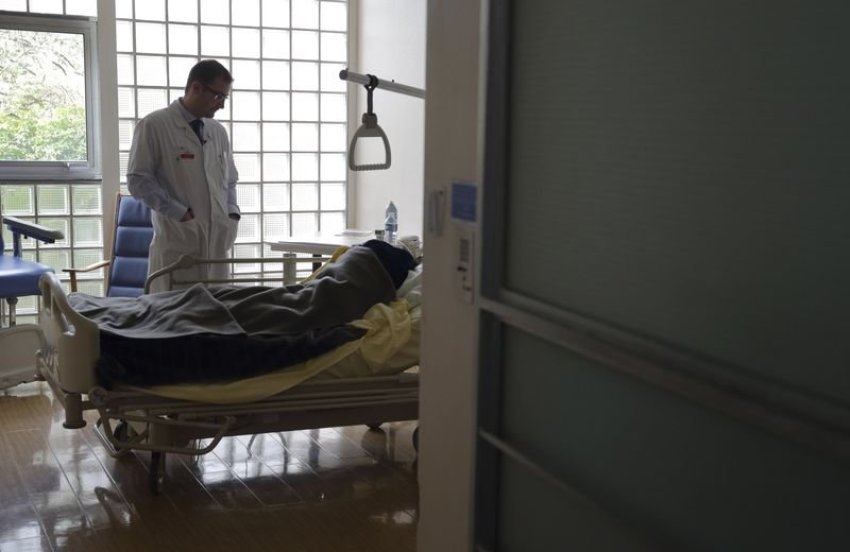Canada: Family seeks answer after man suffering from depression given doctor-assisted death

The family of a British Columbia man is seeking answers after a hospital administered physician-assisted suicide for their loved one who was not terminally ill.
Alan Nichols, 61, was admitted to Chilliwack General Hospital in June after he was found dehydrated and malnourished. He was put to death by injection a month later, CTV News reported last week.
"Days before his death, family members begged Nichols, a former school janitor who lived alone and struggled with depression, not to go through with the procedure. They still don’t know why doctors approved the life-ending procedure and insist that Nichols did not fit the government criteria of facing an 'imminent death,' the Canadian news outlet reported.
His brother, Gary Nichols, said: “He didn't have a life-threatening disease. He was capable of getting around. He was capable of doing almost anything that you had to do to survive.”
“I didn’t think he had a sound mind at all."
The family is asking the police to investigate the case and have hired a lawyer to determine what happened, with the goal of accessing his medical records.
Alan Nichols reportedly battled various mental and medical challenges throughout his life. In recent years, when something would upset him, he would stop eating and become very depressed. In June, a neighbor noticed that he had stopped opening his curtains and became concerned. When officers entered Nichols’ apartment with the neighbor’s spare key, Nichols was found weak, dehydrated and confused.
On July 22, the family received a phone call from a doctor who informed them that Nichols was scheduled for a physician-assisted suicide, but did not provide additional information. When the family voiced objections they were told that the only person who could stop it was the patient, Alan Nichols. At the hospital they learned that a psychologist and psychiatrist had both approved his assisted death but were not allowed to view his medical records.
Nichols' death certificate lists MAiD — medical aid in dying — as his cause of death.
Although assisted suicide is legal in Canada, the federal guidelines stipulate that patients must have a "serious illness, disease or disability; be in an advanced stage of decline that cannot be reversed; experience unbearable physical or mental suffering from an illness, disease, disability or state of decline that cannot be relieved under conditions considered acceptable; or be at a point where a natural death has become reasonably foreseeable. Patients seeking assisted death must also be of sound mind to provide informed consent."
The "foreseeable death" guideline, however, was recently declared unconstitutional by a Quebec court.
Wesley Smith, a senior fellow at the Discovery Institute’s Center on Human Exceptionalism, said this is what inevitably occurs when laws permitting the practice are adopted. He added that what looks like abuses will likely not be challenged.
"Indeed, if anything, the case could result in a loosening of the existing rules through judicial interpretation or prosecutorial non-enforcement," Smith wrote in piece published by the National Review on Thursday. "I fear many will shrug and say, 'The man wanted to die. What else is there to think about?' That’s what happens when one embraces culture of death values."
Canada's euthanasia policies have been scrutinized in recent years, particularly after British Columbia's government-run healthcare system paid for physician-assisted suicide for a man suffering from ALS after denying his requests for full-time home healthcare.



























